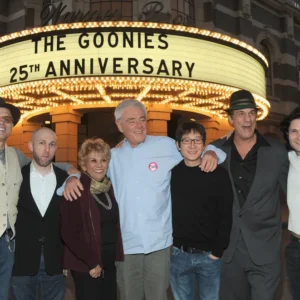The phrase “six-seven” (or 6-7) has recently gone viral among younger generations, especially on TikTok. It became widely popular after being featured in a song by rapper Skrilla, where the catchy repetition of the words helped it spread quickly through meme culture. Soon, the phrase began appearing in thousands of videos, often used in humorous or exaggerated ways.
What surprises many adults is that “six-seven” doesn’t carry a deep or secret meaning. Instead, its popularity comes from its playful, rhythmic sound and the fun energy it brings to short-form content. Many social media users repeat it simply for comedic timing, pairing it with dancing, reactions, or exaggerated expressions as part of a lighthearted trend.
In some cases, teachers have reported students using the term in class as a joke or chant, especially during counting games or group activities. While it has occasionally caused minor disruptions, experts generally view it as a harmless internet meme rather than something inappropriate or concerning. Its use reflects how modern memes often spread quickly through shared humor rather than specific meaning.
Ultimately, “six-seven” is a prime example of how digital culture creates trends out of catchy sounds rather than defined messages. Its popularity lies in the sense of community and fun it creates among young people online. While it may seem confusing to older audiences, it’s simply a playful part of current meme culture, not a phrase with hidden implications.





